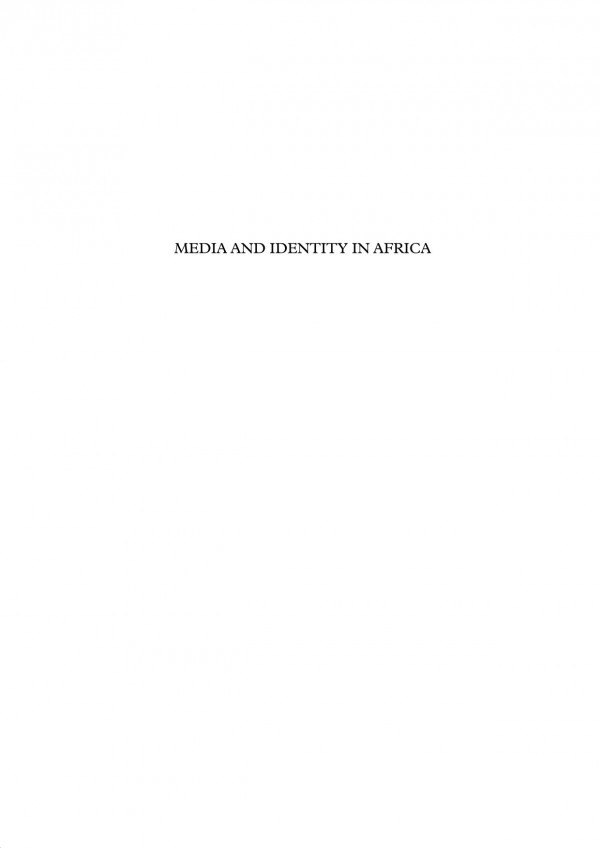

Most ebook files are in PDF format, so you can easily read them using various software such as Foxit Reader or directly on the Google Chrome browser.
Some ebook files are released by publishers in other formats such as .awz, .mobi, .epub, .fb2, etc. You may need to install specific software to read these formats on mobile/PC, such as Calibre.
Please read the tutorial at this link: https://ebookbell.com/faq
We offer FREE conversion to the popular formats you request; however, this may take some time. Therefore, right after payment, please email us, and we will try to provide the service as quickly as possible.
For some exceptional file formats or broken links (if any), please refrain from opening any disputes. Instead, email us first, and we will try to assist within a maximum of 6 hours.
EbookBell Team

4.7
46 reviewsStudies of the media in Africa, incorporating both African and international perspectives, are few. The thirty papers collected here were presented at a seminar organised and hosted by the Kenya-based Twaweza Communications and the International African Institute in Nairobi in 2004. They demonstrate how media outlets are used to perpetuate, question or modify the unequal power relations between the North and the South. Focusing on east Africa, the papers include discussions of the construction of old and new social entities, as defined by class, gender, ethnicity, political and economic differences, wealth, poverty, cultural behaviour, language and religion.
The authors illustrate how there is increasing control by local people of traditional and modern forms of media. Globalization is being countered by local responses, within the context of social and cultural identities. Essentially, the book describes the tensions between the global and the local, tensions not often discussed in media studies, thus pioneering new debates.